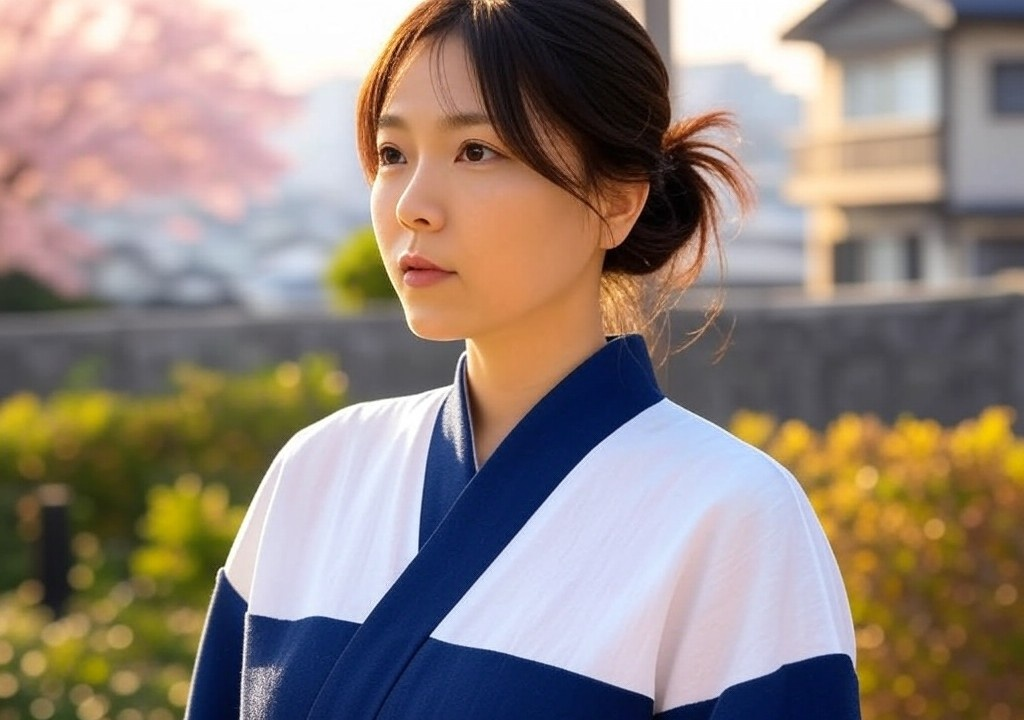What I Stand For
The Problem With Picture-Perfect Love
Growing up, my mother’s flower shop was a little sanctuary. Rows of gently bending lilies, shelves lined with peonies in varied shades of blush, and a steady swirl of passersby looking for the perfect bouquet to capture a moment. “What’s the occasion?” she’d ask customers. People would answer things like anniversaries or first dates or “just because.” And as a nosy teenager who spent weekends fiddling with ribbons and plastic wrap, I noticed something strange: the more elaborate the bouquet, the more complicated the story behind it seemed to be.
There’s something telling in this observation, isn’t there? In relationships—and in life—we tend to aim for aesthetic perfection, gesturing toward an idealized version of how things “should” feel or look. But real connection isn’t about curating a montage-worthy love story. It’s about grit and honesty, about learning to hold space for the unscripted moments. And trust me, there’s so much more to cherish in the quirks and imperfections than the pristine. Over the years, this mindset has become my compass, guiding how I love, write, and connect with others.
Core Belief #1: What’s Real Will Always Be Better Than Perfect
Let me start with a confession: I once fell hard for someone over their ability to quote poetry from memory. There was something magnetic about the way they could conjure Keats in a crowd or recite Bashō during a late-night walk. It felt impossibly dreamy, straight out of a scene from a Wong Kar-wai film. But eventually, I realized our relationship was more style than substance—like a glossy photo where the frame was far more expensive than what it held.
Through that breakup, I absorbed one of the most enduring truths about relationships: surface-level perfection isn’t sustainable (or even desirable). Real connection—the kind you think about on an idle Thursday morning or when you’re walking through a quiet park—is far messier but endlessly more rewarding.
Here’s what I mean when I say, “Go beyond the polished photos and ‘highlight reels’ of life”:
- Be curious: Let yourself be intrigued by the things people don’t immediately reveal. The tiny, overlooked details—how they hum when they’re nervous, their unwavering dedication to Wordle—are the most authentic parts of them.
- Celebrate imperfections: Stop seeking “ideal partners” and start appreciating the person in front of you. Maybe their laugh is louder than expected, or they tell too many corny jokes. Those quirks are where you’ll discover your joy.
- Lose the performance: Don’t be afraid to let your messy, chaotic self shine—even on first dates. Oversharing is not a crime; it’s how real bonds are forged. Once, during a blind date in Vancouver, I spilled red wine on my white shirt within five minutes of sitting down. It could’ve been awkward, but instead, we both laughed so hard that it became one of my fondest memories.
Core Belief #2: Culture Shapes Us, But It Doesn’t Define Us
Having grown up navigating two vastly different spheres—Japan and later, the West—I’m acutely aware that love, intimacy, and relationships look different depending on your cultural backdrop. In Japan, relationships often unfold in a subdued, almost ritualistic rhythm. Eye contact holds meaning. Silence is not uncomfortable. Meanwhile, North America felt like stepping into a rom-com I wasn’t cast in: loud proclamations, spontaneous hugs, and a click-clacking pace. Each approach holds beauty; each contains truths and limits.
I share this because I deeply believe in integrating what serves us from our cultural narratives while not letting it define the entirety of how we engage with others. No one culture—or person—has the patent on how love should flourish.
What this means for you:
- Question cultural scripts: Whether you grew up hearing “Don’t chase men!” or “Be with someone who ticks all the boxes,” challenge those narratives. You’re allowed to rewrite what romance means for you.
- Learn from other ways of loving: Borrow from traditions that resonate with you. For example, I’ve adopted the Japanese philosophy of yohaku no bi (the beauty of empty space) in relationships. To me, it’s a reminder to create space for my partner’s individuality, rather than rushing to color in their gaps.
- Use cultural roots as inspiration: Your cultural identity can add richness to how you navigate the world. Share pieces of it with the people you care about; intimate relationships thrive when we expose our multitudes.
Core Belief #3: Self-Discovery Is the Ultimate Game-Changer
Here’s a dating paradox no one tells you: The more you focus on yourself, the better your connections with others become. About five years ago, I spent a particularly lonely autumn in Paris, where I was buried in archival research. I had no social circle, no distractions, no Netflix (what a tragedy), and for the first time in my adult life, I had to sit alone with myself. I didn’t exactly like who I saw.
But something fascinating happened: the more I leaned into the discomfort of being alone—taking myself out to museums, learning how to pair cheese with wine (poorly, at first), getting truly weird about my playlists—the more I found clarity about what mattered to me. It’s a cliché only because it’s true: until you know yourself, how well can you really offer your heart to someone else?
A few practical takeaways:
- Take solo dates seriously: Think of them as dress rehearsals for living the life you deserve. From walks in new neighborhoods to trying ridiculous recipes from TikTok, learn to date yourself first.
- Make room for hobbies: Yes, even the silly ones. Whether you’re learning kintsugi (the Japanese art of mending broken pottery) or finally understanding what pickleball is, hobbies help you reconnect with joy—and introduce you to people who might share it.
- Commit to self-reflection: Keep a journal, meditate, or get absurdly honest with a friend who won’t sugarcoat things. Make reflection a habit.
Core Belief #4: Humor Is a Love Language
Look, I could wax poetic all day about communication theory and attachment styles, but here’s what every successful relationship really needs: someone who will laugh when you trip over absolutely nothing.
Humor is the gentle salve for hard days, the unspoken language that says, “I see you; you’re safe here.” I’ve carried endless laughter-filled moments—attempted karaoke in Tokyo, poorly executed pancake breakfasts in Vancouver, absurd hand gestures while ordering coffee in Paris—and each has been its own microcosm of intimacy.
Want to know if your connection will last? Test these:
- Inside jokes. Can you both communicate complex ideas with a single weird look? That's magic.
- Playful challenges. Are they willing to race you to the nearest train platform for no reason? If they are, hold onto them.
- Resilience in embarrassment. Watch how they react to their own blunders. Do they laugh? Apologize? Dash for the nearest exit? Choose the one who laughs.
Conclusion: For Love That Moves You, Start With Grounded Beliefs
Writing about relationships, I often think back to my family dinners growing up—the quiet hum of jazz in the background, a plate of atsuage tofu in the center, and long tangents about human connection. My dad argued once that Plato got it wrong: it’s not that we’re searching for our “missing halves,” but for someone who sees us as whole already.
And that simple idea—building on what’s real, finding joy in cultural differences, deep-diving into your identity, and never underestimating humor—has shaped everything I stand for. Whether you’re in the throes of flirtation or steadying yourself in a lasting bond, remember: the goal isn’t to “complete” someone else or become perfect yourself. The goal is far simpler: to show up, as you are, quirks and all, and honor whoever you meet exactly as they are.
So here’s my advice to you: Go forth, spill your wine, stumble through your sentences, and laugh until your cheeks hurt. Love is nothing if not gloriously, recklessly human. Don’t hold back.




















